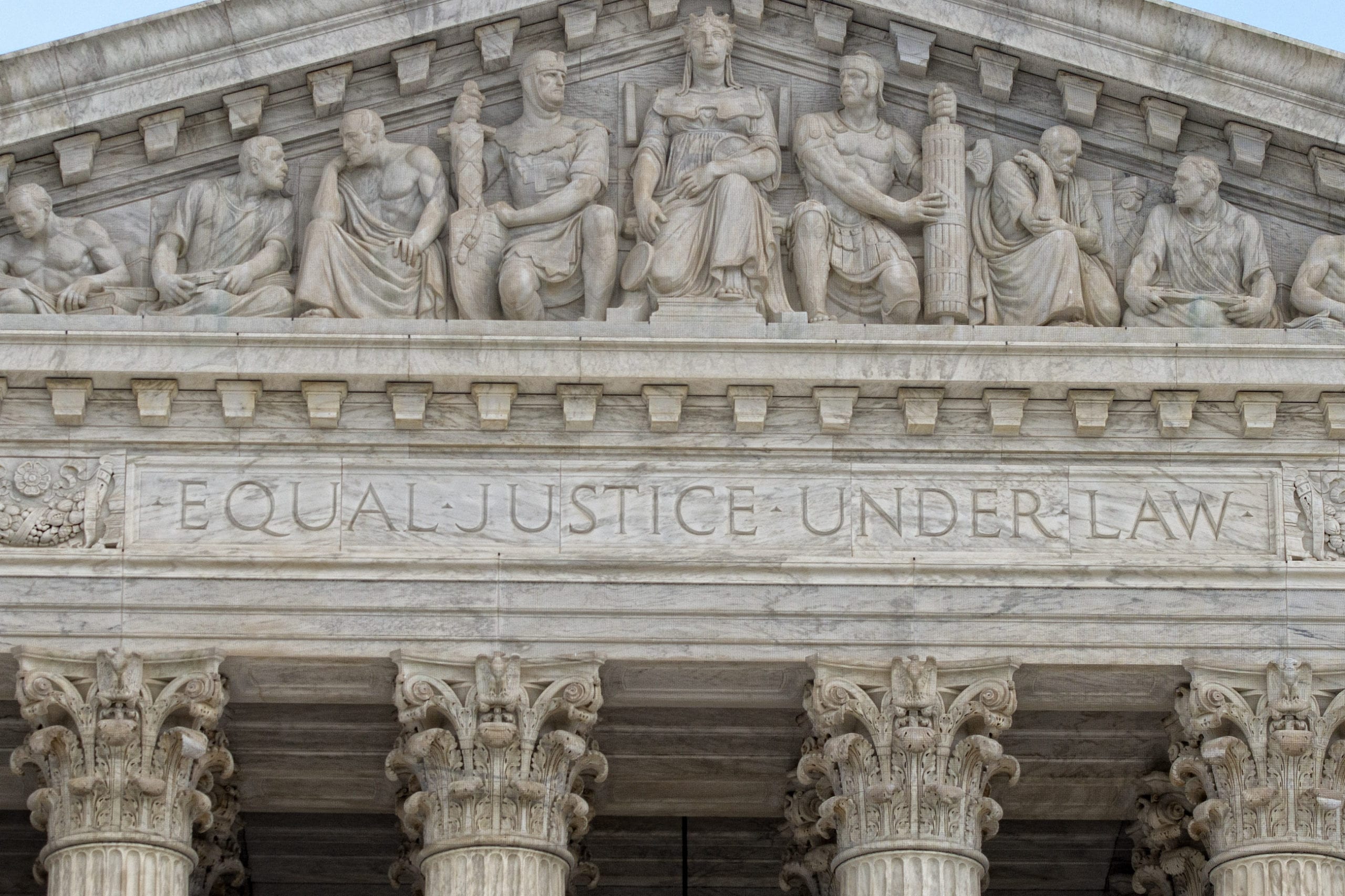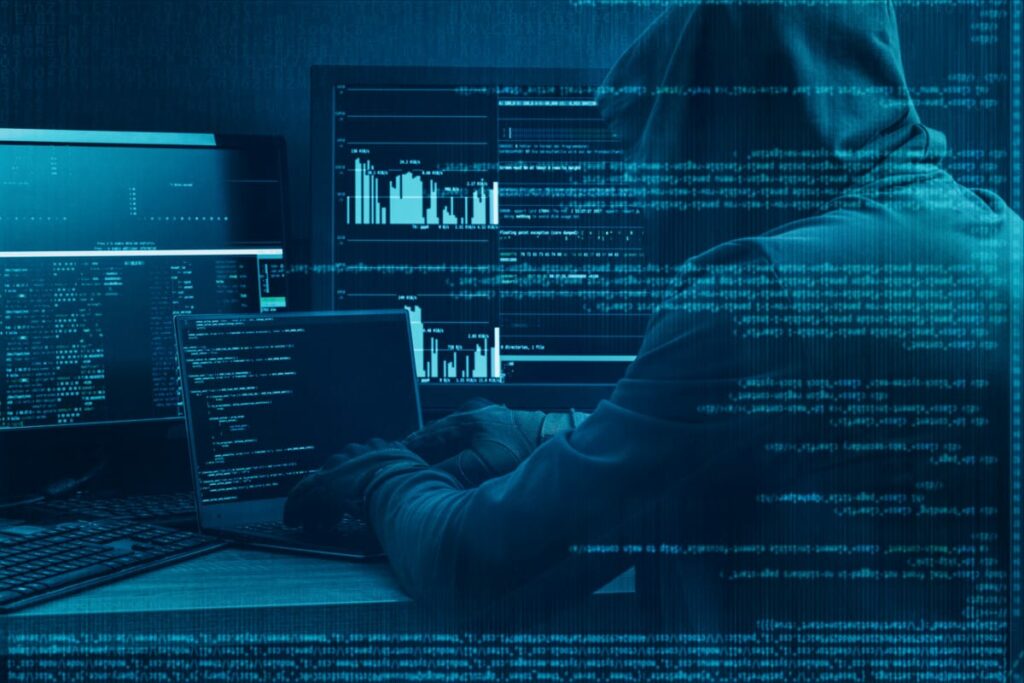United States v. Oghenevwakpo Igboba, 964 F.3d 501 (6th Cir. 2020), Fraud on the dark web

Factors that can qualify for a sophisticated-means enhancement in the context of dark web transactions.
Mr. Igboba was convicted after trial on several criminal counts relating to his participation in a conspiracy to defraud the United States Department of Treasury. He prepared and filed false federal income tax returns using others’ identities. He was sentenced to 162 years incarceration. So, this is a fairly common garden-variety fraud, right? Well, not quite.
Under Sentencing Guideline §2B1.1(b)(10) a two-level enhancement is appropriate if:
(A) the defendant relocated, or participated in relocating, a fraudulent scheme to another jurisdiction to evade law enforcement or regulatory officials; (B) a substantial part of a fraudulent scheme was committed from outside the United States; or (C) the offense otherwise involved sophisticated means and the defendant intentionally engaged in or caused the conduct constituting sophisticated means.
“[S]ophisticated means” require “especially complex or especially intricate offense conduct pertaining to the execution or concealment of an offense.” U.S.S.G. §2B1.1, cmt.n.9(B).
During Igboba’s sentencing hearing, Special Agent Nathan LaFramboise with the Treasury Inspector General for Tax Administration testified. He explained, among other things, that this scheme involved Igboba’s directing other members of this conspiracy to use a virtual private network (or, VPN) and a “clean email…created while the VPN is active” when they file the returns with the government. The agent also discussed several emails sent and received by a fake email address used by Igboba that instructed other participants how to purchase taxpayers’ personally identifying information (PII) on the dark web via the dark web browser, Tor. Another email indicated the use of a Somalian website to generate social security numbers. Yet another email listed cryptocurrency sums and other email addresses. Some of this money was also funneled through various shell companies.
So, in assessing the sophisticated means enhancement, the government elicited a number of factors that Igboba used to commit this fraud.
- He used a VPN.
- He created clean emails.
- He used the dark web.
- He used international sources to commit the crime.
- The tax refunds were channeled to multiple bank accounts.
- Igboba funneled refunds through bank accounts associated with shell companies.
- He used cryptocurrency to make payments in the course of the conspiracy.
- A substantial portion of the scheme was committed outside of the US (but, on cross-examination, the Agent agreed that most of the crime was committed in the US).
In finding that the sophisticated means enhancement applied, the district court particularly noted the use of the VPN, Tor, the dark web, multiple bank accounts, and multiple email aliases to commit the crime, as well as the difficulty of acquiring taxpayer PII initially.
In defense of Igboba, his attorneys argued that the means used here were not particularly sophisticated because they “relied on software and internet procedures available to the general public.” The Court rejected that argument, finding that the Court has found similar conduct problematic in other cases, and noting that the use of shell companies is fairly paradigmatic sophisticated means conduct.
Other issues were raised in this case, but in my mind it is the sophisticated means enhancement that makes this case notable. Even though the use of shell companies alone would likely have merited a sophisticated means enhancement, the Court and the government expended significant effort to show that the use of the dark web and cryptocurrencies were legitimate bases for applying the enhancement. The Court did specifically find that the use of cryptocurrencies alone would not have justified the enhancement, but in connection with other elements it may. For attorneys representing clients whose alleged crimes involve cryptocurrency, this is a case with which to be familiar.

